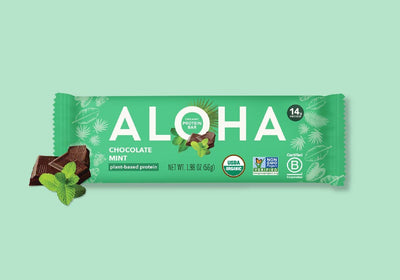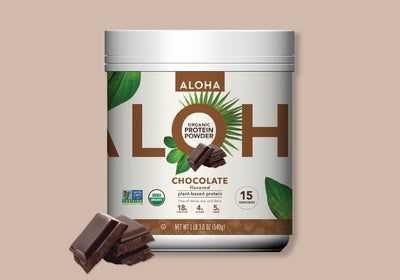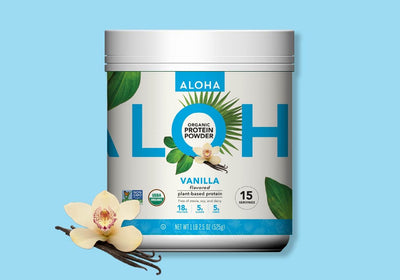The health of our gut plays a critical role in our overall wellness, influencing everything from our immune system to our mood. An emerging area of interest is the impact of anti-inflammatory proteins on gut health. These proteins have shown significant potential in promoting a healthy gastrointestinal environment, thus enhancing our overall well-being.
Anti-Inflammatory Proteins And Gut Health
The gut's health is crucial for overall wellness, affecting our immunity and mood. Anti-inflammatory proteins show promise in supporting a healthy gut environment.
Gut Microbiota And Health
The gut microbiota, a complex community of microbes, influences digestion, vitamin synthesis, and immune system. Imbalance can lead to inflammation and health issues.
Role Of Anti-Inflammatory Proteins
Anti-inflammatory proteins help balance the gut environment by reducing inflammation and promoting beneficial bacteria growth. They may prevent conditions like Crohn's disease and ulcerative colitis.
Influence Of Diet On Anti-Inflammatory Proteins
Certain foods, like fiber-rich fruits and vegetables, can stimulate the production of anti-inflammatory proteins. Probiotics, whether through diet or supplements, may also promote an environment supportive of a healthy gut microbiota.

 collection header image
collection header image
 collection header image
collection header image





